
Post by : Vansh
In today’s hyper-connected world, markets move faster than ever before. From global pandemics to political elections, the ripple effects of world events can be felt across stock exchanges, commodities, cryptocurrencies, and real estate markets. Investors who keep their finger on the global pulse are better equipped to adapt and thrive—even when the markets become unpredictable.
When we talk about the global pulse, we refer to the collective rhythm of international events, economic shifts, geopolitical tensions, and environmental factors that influence investor behavior and market dynamics. Financial markets no longer operate in isolation; they are intricately tied to global affairs. A natural disaster in Asia can impact oil prices in the Middle East, while political unrest in Europe might affect the value of the dollar.
Savvy investors need more than just financial knowledge—they need a global perspective. That's why tracking world events is not just helpful—it's crucial.
Let’s consider how specific global events shape investment landscapes:
Geopolitical Conflicts: Tensions between countries can lead to spikes in commodity prices (especially oil and gold), cause disruptions in trade, and impact investor confidence.
Elections and Policy Changes: New administrations often bring policy shifts that affect taxation, interest rates, and regulation, all of which directly influence investment strategy.
Natural Disasters and Climate Change: These events can disrupt supply chains, impact agricultural production, and influence insurance and energy sectors.
Pandemics and Health Crises: COVID-19 was a sobering reminder of how fragile and reactive the global economy can be in the face of health emergencies.
Being aware of these dynamics allows investors to position their portfolios more defensively or aggressively, depending on the climate.
Every investor must be prepared to pivot. A well-diversified portfolio is the first defense against global volatility. But beyond diversification, knowing when to enter or exit a market, switch sectors, or adjust risk levels can protect wealth during turbulent times.
For instance, during the early months of the COVID-19 pandemic, sectors like travel and hospitality plummeted, while tech and e-commerce boomed. Those who shifted quickly saw massive gains. Others who ignored the global pulse faced devastating losses.
The strategy isn't just to react—it's to anticipate. Tracking indicators like inflation rates, GDP forecasts, international news, and central bank decisions gives investors the power to foresee patterns before they hit hard.
In uncertain times, emotional intelligence plays a vital role in investing. Global crises often create fear-driven market behavior. Investors panic-sell or impulsively buy based on headlines, not facts. Recognizing these emotional responses and staying committed to a well-researched strategy ensures more stable returns.
The real value lies in patience and adaptability—not just chasing trends. As Warren Buffett famously said, "Be fearful when others are greedy and greedy when others are fearful." Those words are even more potent in a world shaped by global events.
Change creates opportunity. As the world evolves, new sectors emerge. Green energy, sustainable technology, AI, and cybersecurity are just a few areas that have surged due to shifts in global policy and public demand.
For example, as climate change policies tighten worldwide, renewable energy companies have become attractive to both ethical and traditional investors. Similarly, the rise of remote work and digital infrastructure has accelerated interest in cloud computing and cybersecurity stocks.
These trends are not just fads—they're responses to the changing needs of a world in flux. To ignore them would be to ignore where future growth lies.
The information provided in this article is for general informational purposes only and does not constitute financial advice. Readers are encouraged to conduct their own research or consult with a professional financial advisor before making any investment decisions. The views expressed do not necessarily reflect those of MiddleEastBulletin news network.
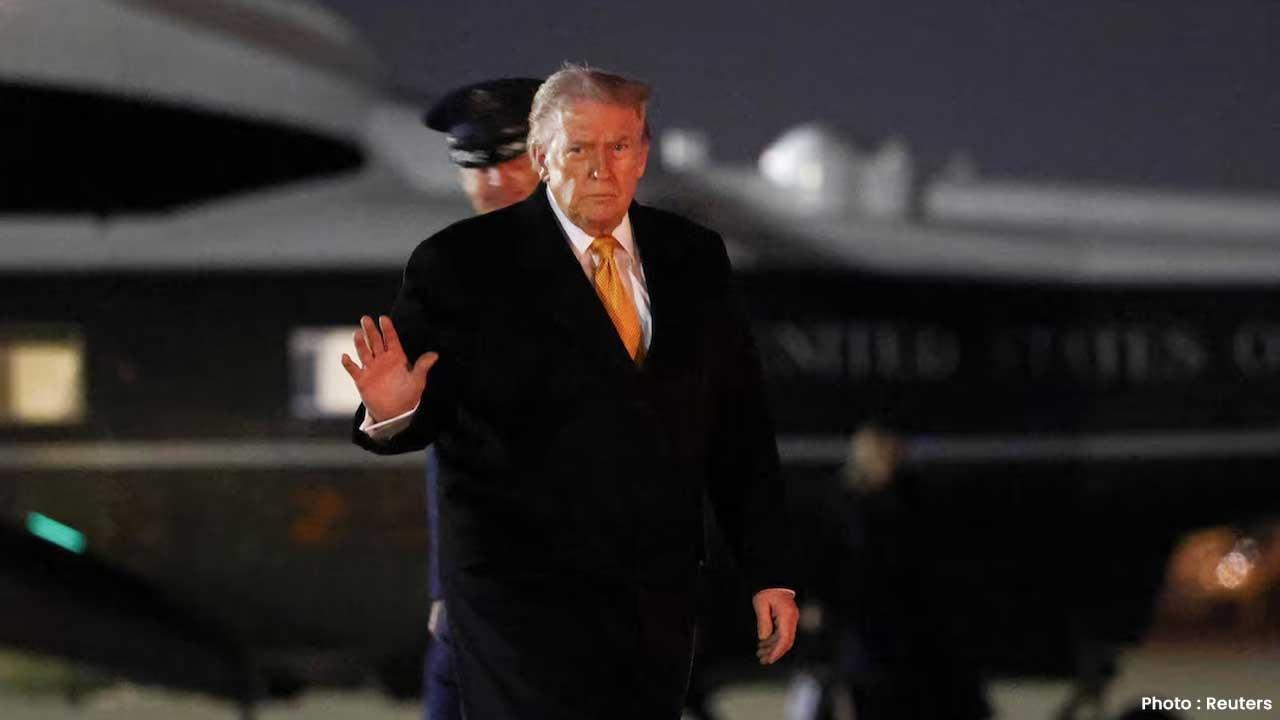




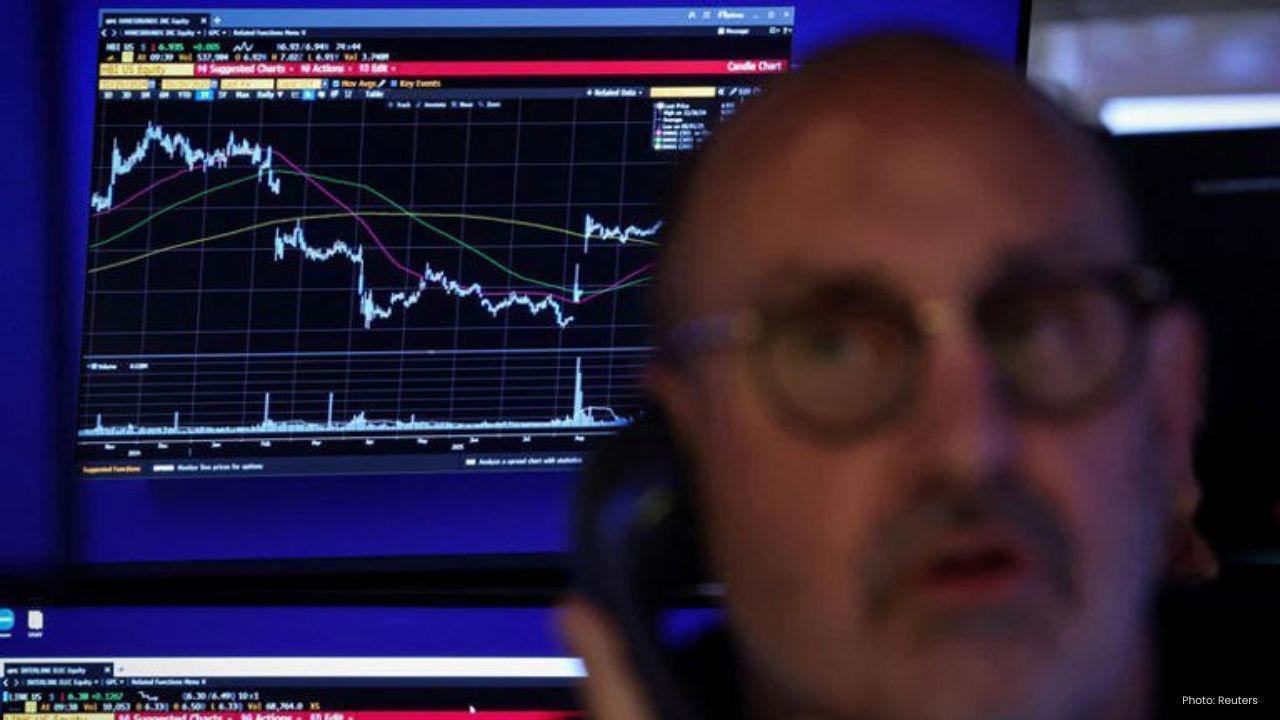
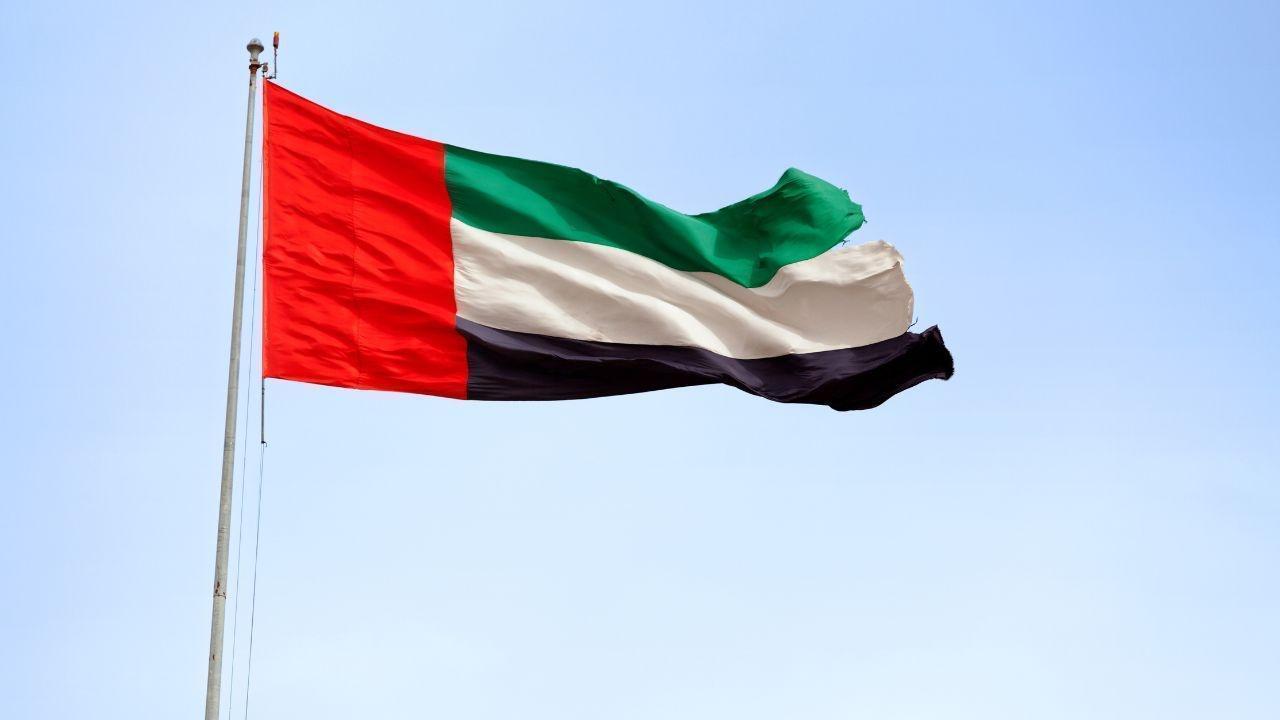

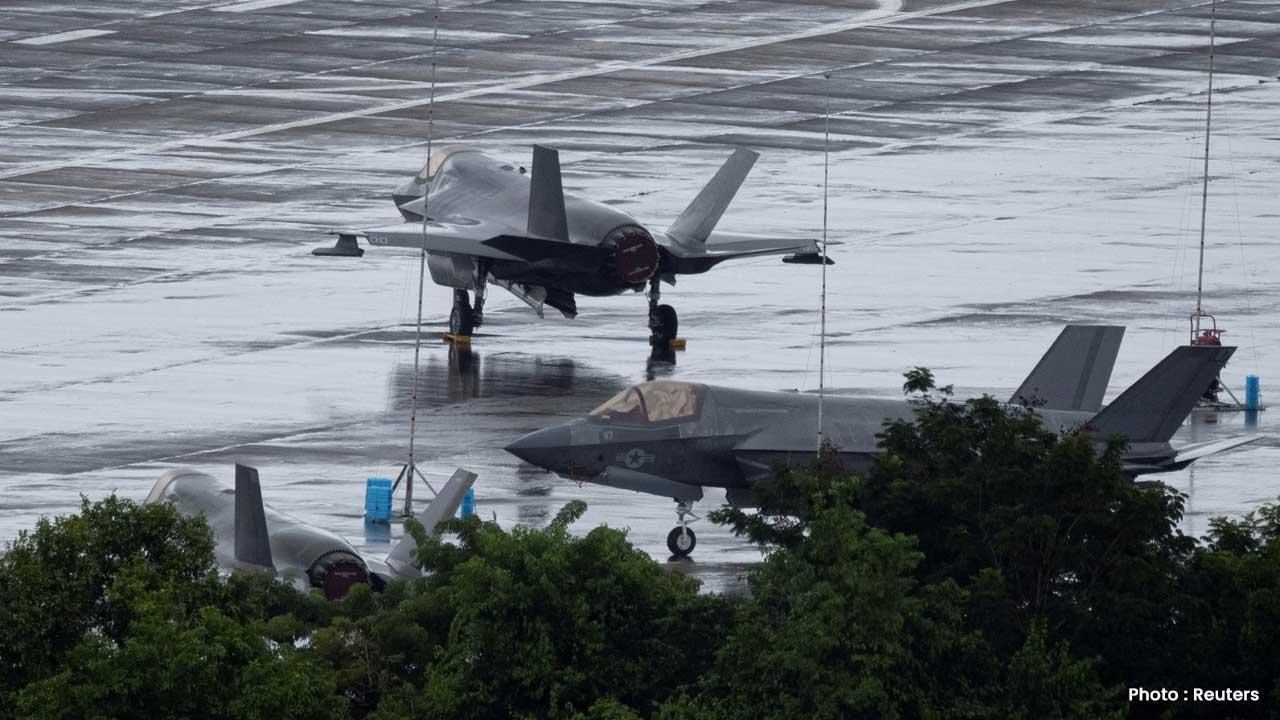
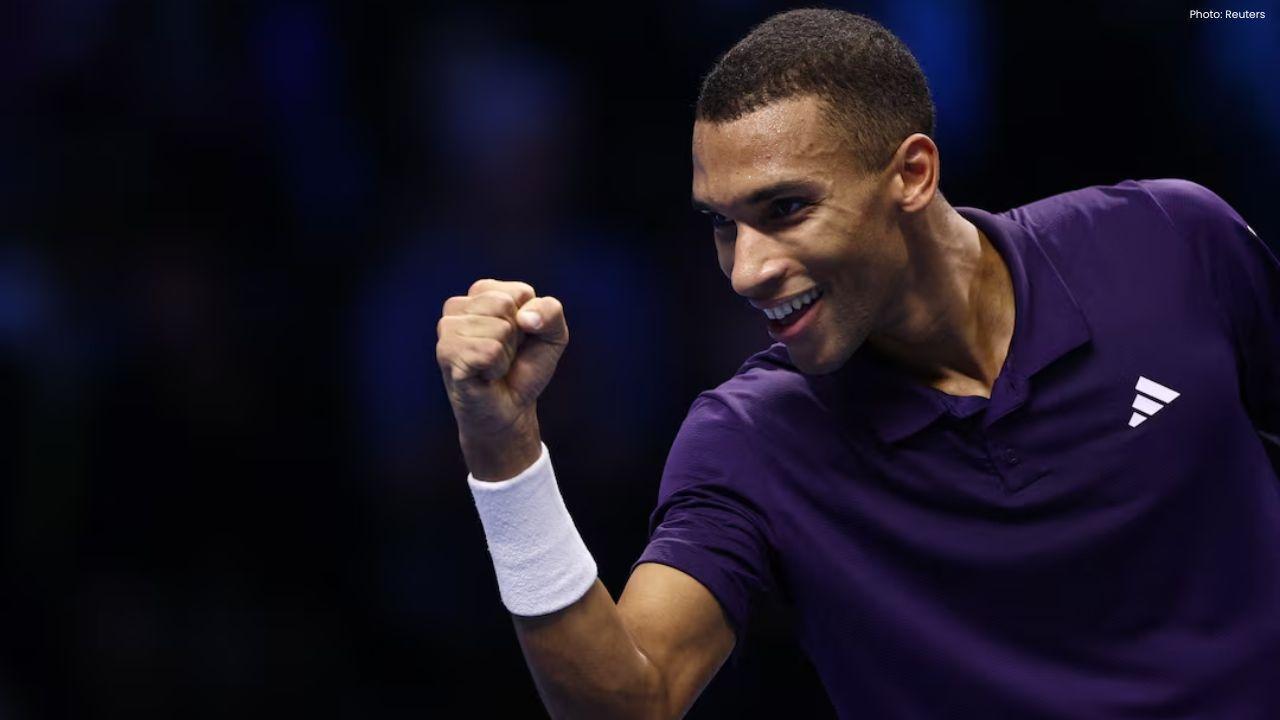
Auger-Aliassime Advances to ATP Finals Semifinals After Defeating Zverev
Felix Auger-Aliassime overcomes Alexander Zverev to secure a semifinal spot against Carlos Alcaraz,

Historic Overtime Goal Secures Victory for Islanders
Matthew Schaefer sets records as the youngest NHL player to score an overtime goal, leading the Isla

Flyers Triumph Over Blues 6-5 with Zegras' Shootout Heroics
In a nail-biter, the Flyers defeated the Blues 6-5, thanks to Trevor Zegras who starred with two goa

Hurricanes Clinch Thrilling 4-3 Victory Over Canucks with Aho's Overtime Goal
Sebastian Aho's late overtime goal leads the Carolina Hurricanes to a 4-3 win against the Vancouver

Justin Thomas Undergoes Successful Surgery, Delaying 2026 Season Start
Justin Thomas had successful back surgery and will miss the start of the 2026 season as he focuses o

Kai Trump Gains Experience despite Missing LPGA Cut
Despite finishing last, Kai Trump showcased improvement in her LPGA debut, gaining valuable experien